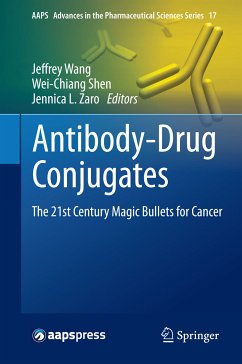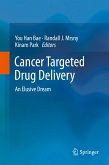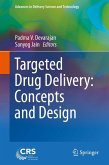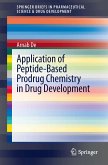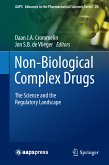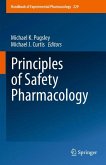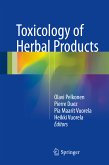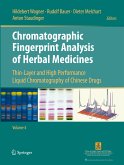This authoritative volume provides a holistic picture of antibody-drug conjugates (ADCs). Fourteen comprehensive chapters are divided into six sections including an introduction to ADCs, the ADC construct, development issues, landscape, IP and pharmacoeconomics, case studies, and the future of the field. The book examines everything from the selection of the antibody, the drug, and the linker to a discussion of developmental issues such as formulations, bio-analysis, pharmacokinetic-pharmacodynamic relationships, and toxicological and regulatory challenges. It also explores pharmacoecomonics and intellectual properties, including recently issued patents and the cost analysis of drug therapy. Case studies are presented for the three ADCs that have received FDA approval: gemtuzumab ozogamicin (Mylotarg®), Brentuximab vedotin (Adcetris®), and ado-trastuzumab emtansine (Kadcyla®), as well as an ADC in late-stage clinical trials, glembatumumab vedotin (CDX-011). Finally, the volume presents a perspective by the editors on the future directions of ADC development and clinical applications. Antibody-Drug Conjugates is a practical and systematic resource for scientists, professors, and students interested in expanding their knowledge of cutting-edge research in this exciting field.
Dieser Download kann aus rechtlichen Gründen nur mit Rechnungsadresse in A, B, BG, CY, CZ, D, DK, EW, E, FIN, F, GR, HR, H, IRL, I, LT, L, LR, M, NL, PL, P, R, S, SLO, SK ausgeliefert werden.

